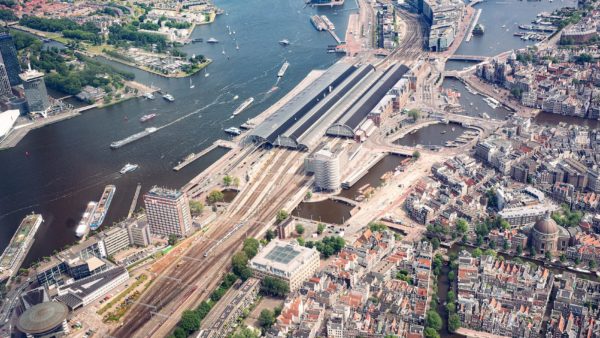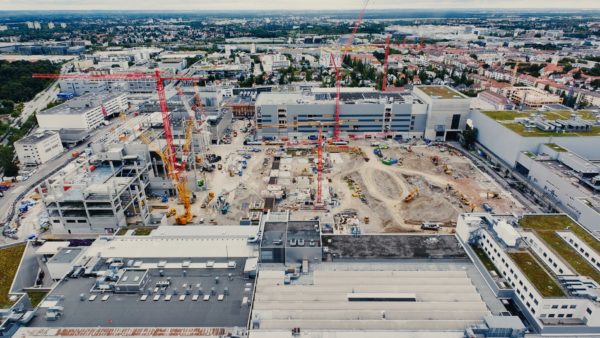Uganda’s government has suspended its deal with Russian consortium RT Global Resources to build a $4bn oil refinery and has invited alternative bids from a South Korean group.
The contract with the state-owned Russian concern has been under discussion since February 2015, when Uganda announced that it had chosen it as preferred bidder for the 60,000 barrel a day plant. A project framework agreement was then signed the following May.
Each party wanted to safeguard themselves and pass a lot of risk to the other. That is the easiest interpretation– A source in Uganda’s Ministry of Energy
There were initially 75 companies and consortiums bidding for the deal, which came down to a two-horse race between RT Global and a consortium led by South Korea’s SK Engineering and Construction.
According to a statement by Irene Muloni, the Ugandan energy minister on Friday, 1 July, the deal with RT Global broke down after the group made “additional demands” before it would agree to sign the contract. The government has now invited the SK consortium to take its place.
The Daily Monitor website reports that these demands would have had the effect of reopening matters that the Ugandan government thought had been agreed.
A source in the Ministry of Energy told the Monitor that RT had “failed to execute” the shareholders’ agreement, and that the two sides couldn’t agree on the terms and conditions of sharing responsibilities.
“In short, each party wanted to safeguard themselves and pass a lot of risk to the other. That is the easiest interpretation.”
Earlier this week RT Global, a subsidiary of defence industry firm Rostec, criticised the Ugandan government for failing to fulfil its obligations under the tender.
These included failing to grant production licenses to oil companies Total, Tullow and China National Offshore Oil Corporation and a failure to reach a deal on the tax that would be paid.
Owing to the circumstances, Rostec told the Interfax news agency that it had decided not to extend its bid beyond a deadline of 30 June.
Other companies in the RT-led group included investment bank VTB Capital and South Korean contractor GS Engineering & Construction.
The refinery, which will be Uganda’s first, will process oil from fields in the Albertine Graben basin, discovered in 2006, which are estimated by the state to hold 6.5 billion barrels.
As well as refining its oil, Uganda plans to export it. The construction of a 1,443km pipeline to the Indian ocean via Tanzania is to start in January next year, according to Ms Muloni. It is due to be complete in 2020.
Image: Diagram of Uganda’s Albertine Graben oilfield, which runs along Uganda’s western border with the Democratic Republic of Congo (www.embassyofuganda.it)










